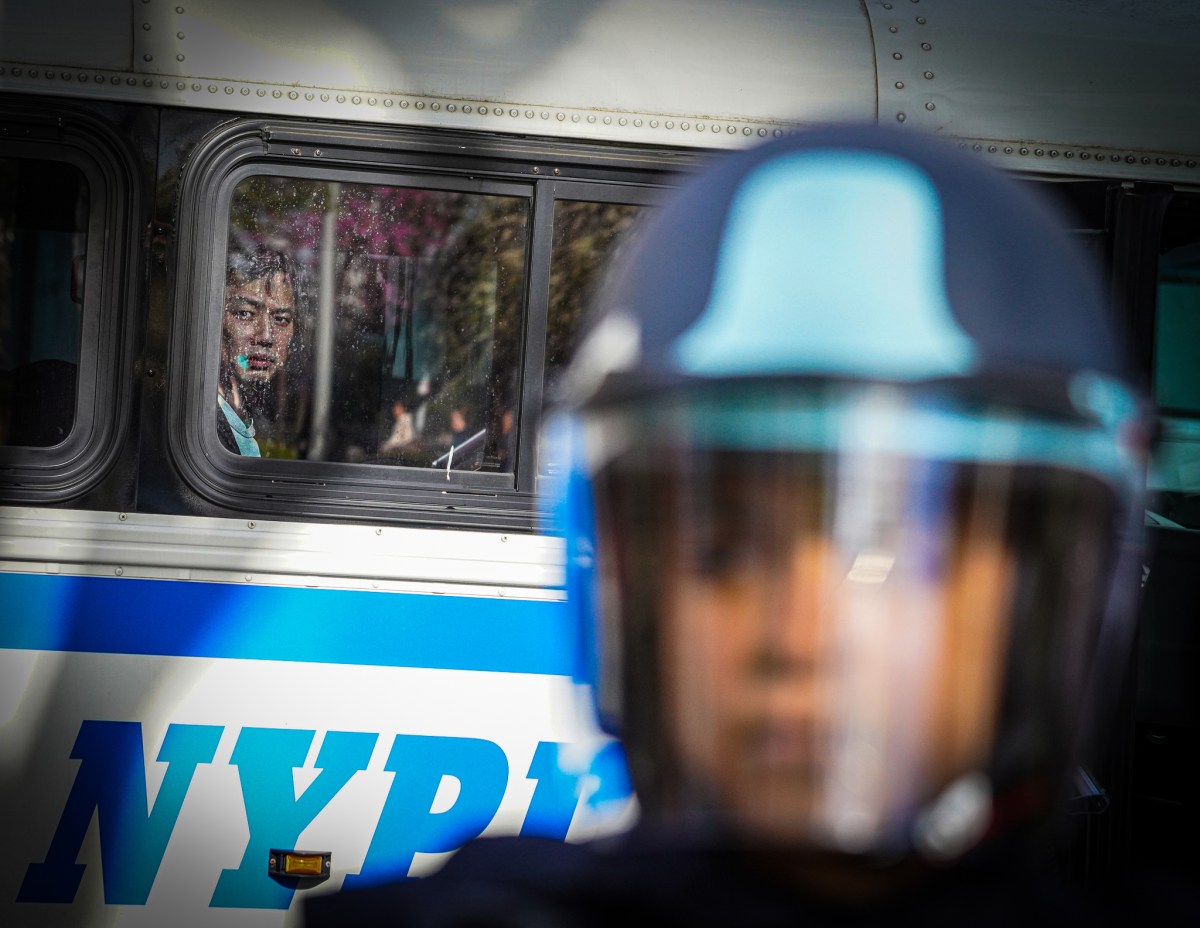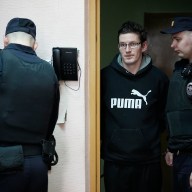 John Hawkes attends the 2013 Golden Globes.
John Hawkes attends the 2013 Golden Globes.
Credit: Getty Images
Actor John Hawkes didn’t know Joe Albany — one of the few white jazz pianists to play with Charlie Parker, who developed a heroin addiction — until he was asked to do “Low Down,” a portrait of him through the eyes of his sometimes ignored young daughter, Amy-Jo (Elle Fanning). Turns out even being a musician didn’t make the Oscar-nominee prepared to play something as difficult as bebop.
You’re a musician. Was music the main draw for doing this?
The jazz wasn’t what brought me in. It made me nervous more than anything. Because the music I didn’t feel like I had a real handle on. I’ve always loved Louis Armstrong and Thelonious Monk, but I never really had immersed myself in that. It wasn’t the pull, it was the liability — the idea that I could somehow embody a kind of music that isn’t naturally in my body. Most of the music I understand, I feel like it’s in me, it’s in my body. Bebop just really wasn’t. I was something I had to learn to embody. It’s a different form, one I grew to really love.
How was the transition into doing bebop?
Bebop is a really difficult form of music, to my mind. It’s meant to be. It’s meant to take jazz back from those who had jumped on the bandwagon. I was reading stories of quartets suddenly dealing with 11 or 12 players hanging out on the stage by the end of a set. People would just jump up uninvited. In a way bebop separated the weak from the chaff. You take standards and put them in really strange keys and time signatures, and you start turning the beat around. You start inverting the chords and melody. Not a lot of people could keep up with that. I was quite confused and challenged by that form of music. After the movie I went back to the forms of music I love and they all sounded really simple. [Laughs]
The piano isn’t one of your instruments. How did you prepare to pass yourself off as a bebop pianist?
I listened to nothing but jazz for several months before we began. The guy who was going to instruct me on piano, Ohad Talmor — who is a game saxophonist and a really amazing musician — was on the road and couldn’t really be in Los Angeles until two weeks before we began. So I just started on my own, tried to mess around on the piano as best I could. They hauled an upright piano up the stairs to the place I’m living in. I know a guy, Brother Sal, who’s an amazing pianist, who helped me out. One of the first things he told me was the piano is a percussion instrument first and foremost.
What kinds of genres have you played?
I’ve always loved a wide range of music, from Eric Satie piano music to Johnny Cash to Joy Division to The Butthole Surfers to Lucinda Williams to Billie Holiday to on and on. Those have always come into play. I’ve been in a bunch of bands. I was living in Austin, Texas in the early 1980s. I started out playing a f—-up experimental band — people who, like myself, didn’t know about playing music. Part of the scene at the time was a band called The Big Boys. “Biscuit,” their leader, who has passed on, would say, “What are you looking at? F— you, go form your own band.” A lot of bands came out of that challenge. We were one of them.
 John Hawkes plays bebop pianist Joe Albany in “Low Down.”
John Hawkes plays bebop pianist Joe Albany in “Low Down.”
Credit: Oscilloscope Laboratories
The other big part about playing Joe Albany is that he had a heroin addiction. The film finds him struggling with staying on the wagon so he can raise his daughter.
I don’t have any personal experience with heroin, though certainly living in a large city I’ve known people who have either passed through it or seem to be struggling with it. I don’t want to besmirch his memory, but Amy told me there were a lot of times he was passing himself as sober when he really wasn’t. There were choices for me. I had to decide if he was really clean at this point or pretending at another. He was just a guy doing his best with not the most effective tools at his disposal. But he did love his daughter a great deal. He tried to raise her alone when his wife had left. It was an honorable thing he was trying to do, he just wasn’t always great at it.
There’s been a greater understanding recently that drug addiction can be beyond addicts’ control.
The way Amy described it, she felt her father’s moods were like the tides at sea. Sometimes it seemed beyond his control. Joe had an incredibly difficult upbringing. His father wasn’t kind to him. He’d been diagnosed with a form of schizophrenia early on. The treatments were often brutish and cruel. He ended up in prison early on and was traumatized horribly. That affected him his whole life. I don’t really like the idea of people blaming their a—hole behavior on something outside themselves, but for him it seemed to reach beyond drug addition into a form of mental illness. It was difficult for him to control.
You spend a lot of screentime acting with Elle Fanning, who always seems both beyond her years and her age.
I’d been an admirer of her work for several years — which is funny to say about someone who was 15 at the time. But it’s true. I learn from everybody I work with, and she was no exception. When you come across someone like her it’s almost like age disappears. She’s a 15-year-old person I could talk to for hours and not be bored by.
Follow Matt Prigge on Twitter @mattprigge
















